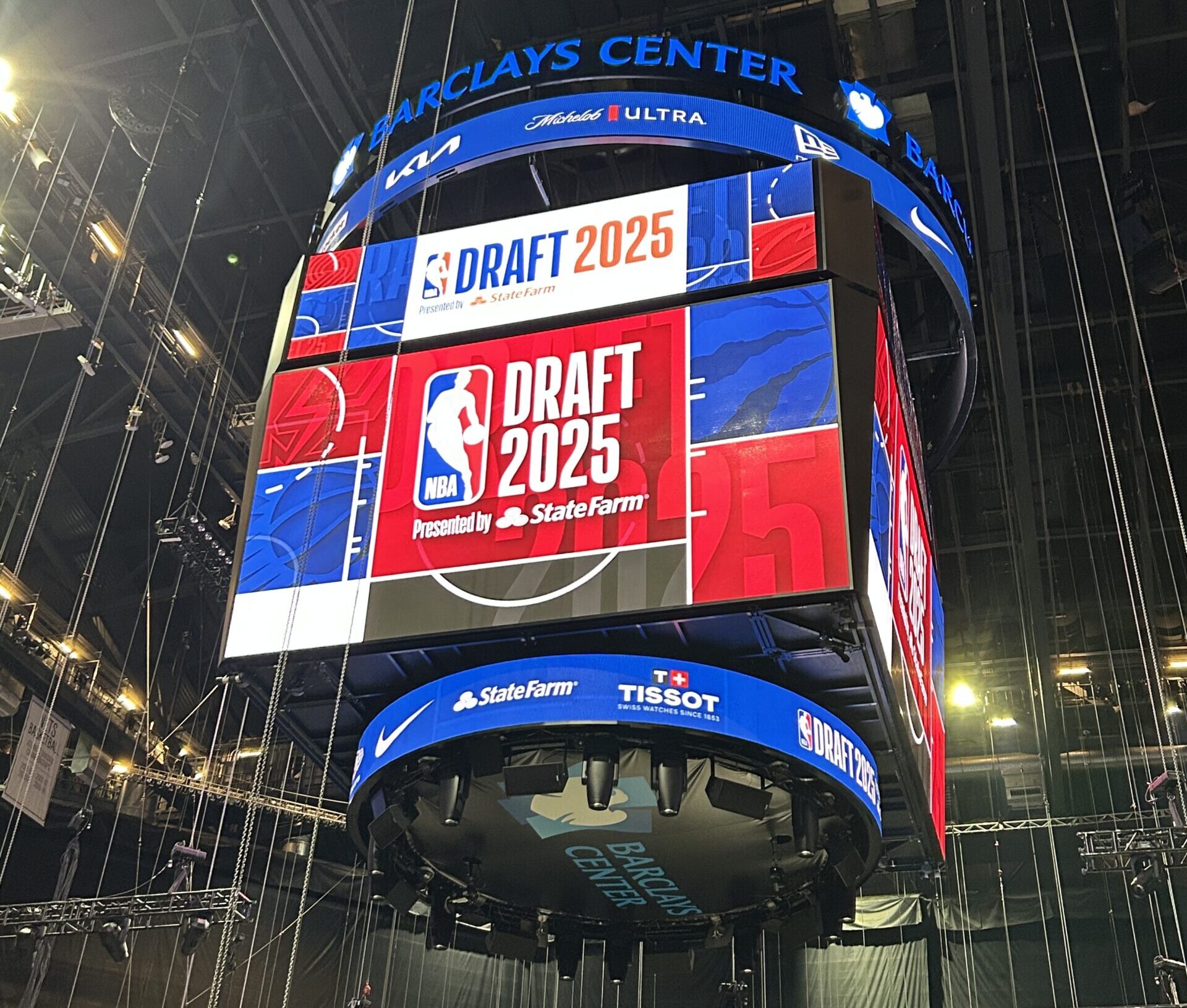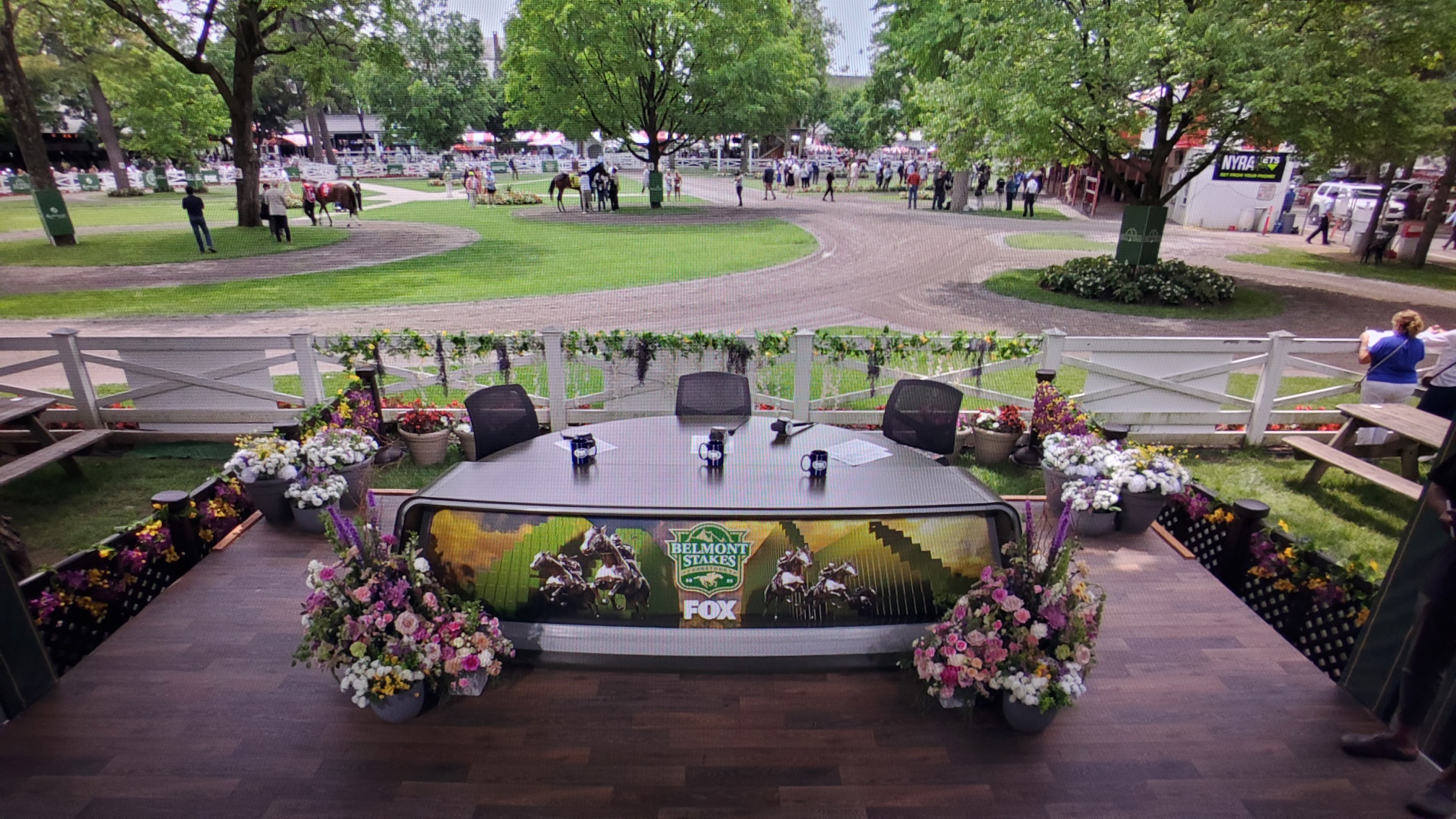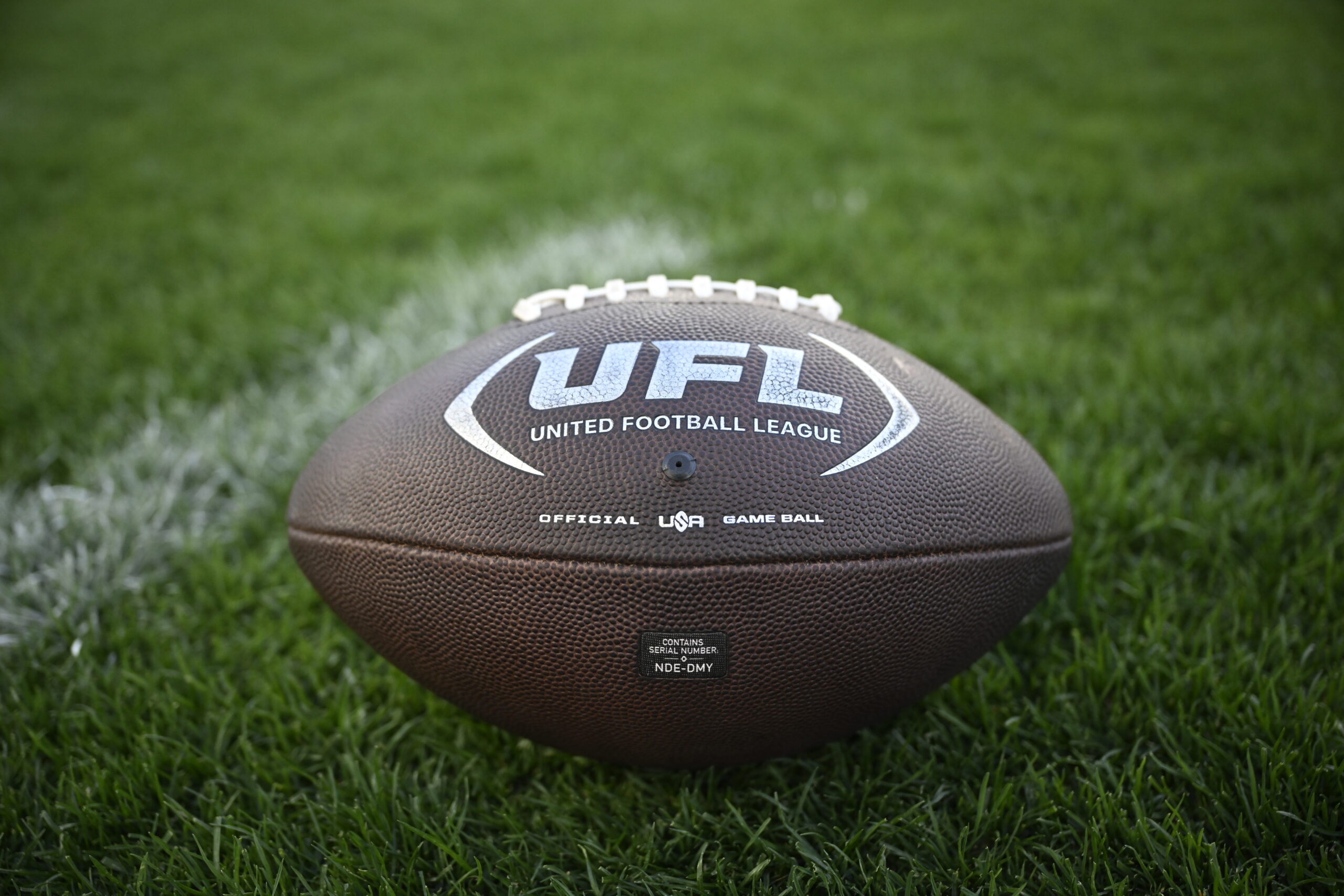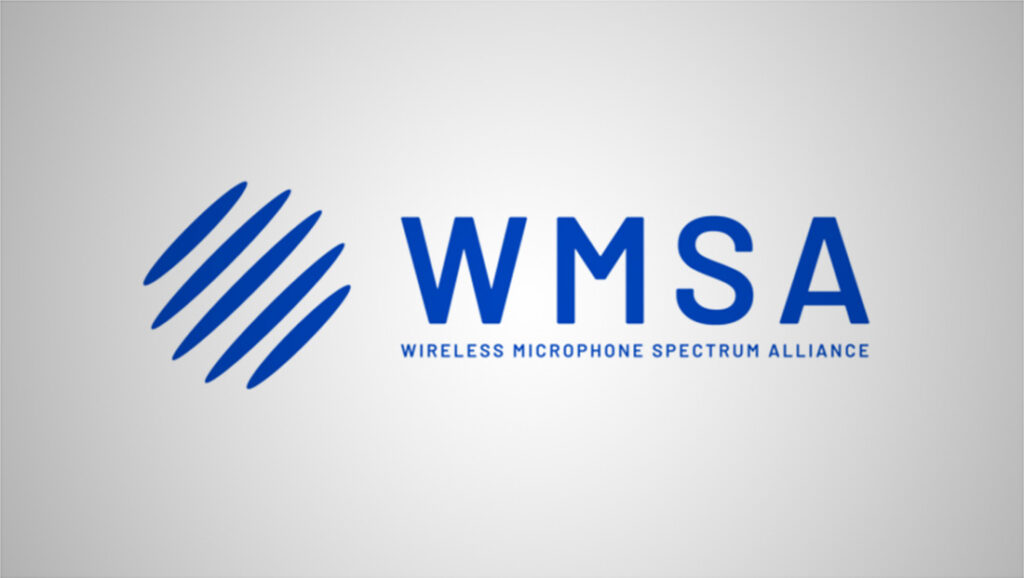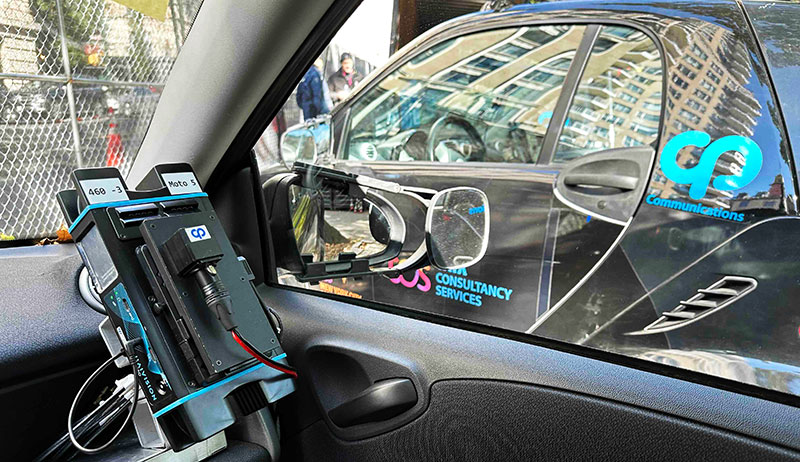by InBroadcast
Multi-camera, bonded cellular production delivered live HDR video for NBC race coverage.

USA: When CP Communications and its Red House Streaming subsidiary were tasked with delivering live, multi-camera coverage of the 2024 Marathon Trials in Orlando, Fla., last month, it was business as usual. That is until Carr-Hughes Productions, the company in charge of managing all production elements for
the event, added a new wrinkle required by its broadcast client: HDR.
With a field of competitors including amateur and professional U.S. runners, the 2024 Marathon Trials streamed live on Peacock on the morning of February 3 and was broadcast later that day on NBC.
The top two men and top three women finishers earned the opportunity to run in the Paris Games,
which begins in late July.
For the first time, CP Communications and Red House Streaming, hired by Carr-Hughes Productions,
were responsible for capturing and transmitting HDR video and audio from a marathon course.
The event was covered via two smart cars, four motorcycles, a handheld camera at the start line
, and a jib camera stationed at the Dr. Phillips Center for the Performing Arts in downtown Orlando.
Each source provided live coverage using bonded cellular technology.
“This being our first bonded HDR show, it introduced some new challenges for us, including getting
the right hardware to support it,” explained Allen Harris, Lead IP and Bonded Cellular Specialist,
CP Communications and Red House Streaming. RHS used Haivision Pro460 mobile video encoders / transmitters, which can broadcast video in HDR at up to 10-bit pixel depths with low latency over bonded cellular networks. The Pro460s were deployed with all eight cameras, and the setup also provided full paint control across all bonded cellular video feeds.
Beyond the eight cameras using bonded cellular, a PTZ camera for beauty shots was positioned on a roof near the RHS production compound.
There was also a helicopter camera, the only video source that required conventional RF for its first hop (COFDM), which was downlinked to the same rooftop as the PTZ. From there, Haivision Makito X4 video encoders sent the two camera feeds via air fiber to the production truck.
For crew communications, RHS used its Unity radio system, while the talent could hear the control room via the Pro460’s on-board IFB system, which Harris said was “very, very effective.” The broadcast had several choices
for audio coverage. For example, the motorcycles offered two channels
of audio, including a low mic for foot noise. Each smart car included
a low foot mic, high effect mic and talent mic.
In The Loop
Unlike marathons in Boston, New York, and Chicago, or the Orlando course race path was a “loop” course, with runners beginning with a 2.2-mile loop followed by three 8-mile loops. “Once we had good coverage around the loop, our confidence was high,” Harris said. “As it turns out, Orlando has a very good cell infrastructure, so we didn’t really have any issues along the course other than the standard wrinkles
of any cell system. We were able to provide coverage from start to finish with very good quality
and very good reliability over the course.”
All feeds were handed off to Carr-Hughes, which produced the show in its High Rock 1 production truck and sent it to NBC for quality control and broadcast. “They were quite happy with the quality of the HDR coming off the bonded cellular cameras as well as the helicopter feed and the PTZ camera on the roof,” Harris said.
Carr-Hughes invested in 10 new Sony 3500 cameras to support the event’s HDR initiative. “This is the first time we produced an HDR show, so we added our new Sony cameras into the mix with all of the bonded cellular systems that the RHS team was responsible for managing,” said Jim Carr, President, Carr-Hughes. “It was a very big accomplishment being a new technology for our crew and freelancers to learn and understand, so having Red House Streaming in charge of transmitting the HDR signals through their bonded cellular systems brought peace of mind.
The event’s organizing committee also requested feeds of the race for several local VIP watching events, but running cables was not practical. Instead, RHS used Haivision Pro460s and the Secure Reliable Transport (SRT) protocol to distribute the required feeds over the public internet to the various venues. Each location was outfitted with a decoder, which was monitored remotely through a management portal. “That system worked flawlessly across the event. It’s a pretty foolproof solution for distributing these streams in low latency using Haivision’s SRT protocol,” Harris said.
RHS also rolled out its Spark HD 16-foot mobile unit to the event. Originally launched
last year as a mobile production truck, it was used as a distribution truck for the race.
“The Marathon Trials broadcast was really Spark’s maiden voyage as its reincarnation
as a distribution truck – and it worked exceptionally well,” said Kurt Heitmann, CEO
of CP Communications and Red House Streaming.
“It gave us the resources to manage dozens of feeds coming in and going out to watch them to assess them. It’s not a bad place to be if you’re in the middle of a very complex and high-profile show. The client literally sat in Spark for most of the broadcast, because he could see everything that was going on and
he wasn’t in the fray of the production truck.”

